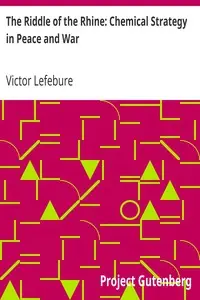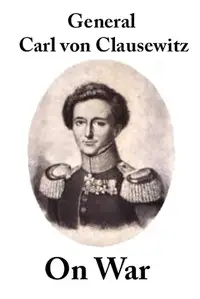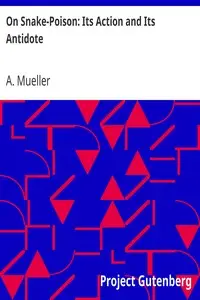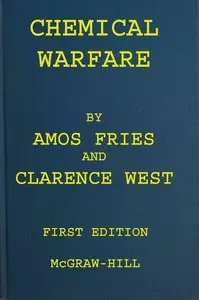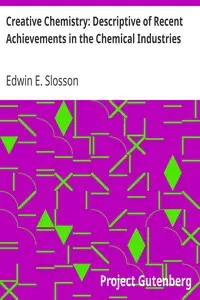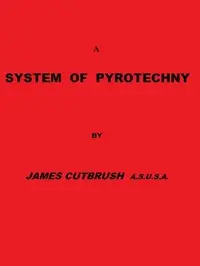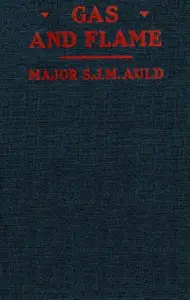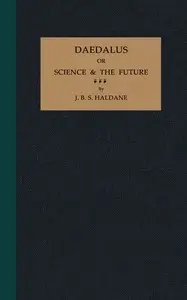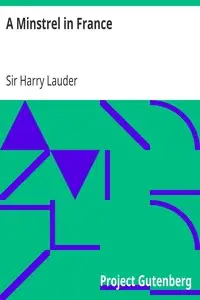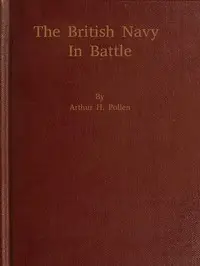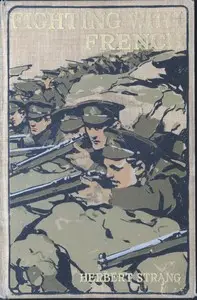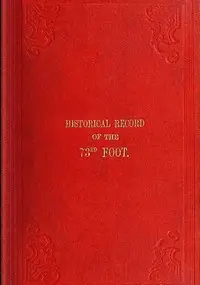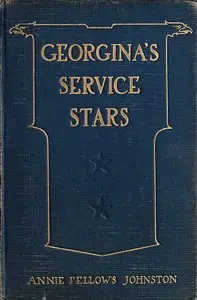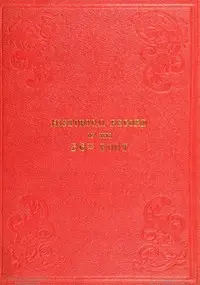"Callinicus: A Defence of Chemical Warfare" by J. B. S. Haldane is an early 20th-century science book presenting a scientist's argument for chemical weapons in war, examining their history and future. The author looks at the complicated issues around war and chemical warfare, balancing morals with military needs. Haldane questions views that all chemical warfare is cruel and wrong by explaining chemical agents used in World War I and their effects. He suggests chemical warfare, like mustard gas, could lower overall deaths and that understanding chemical weapons could lead to their humane deployment. Haldane challenges readers to rethink what they believe about war and its methods, stressing the importance of scientific knowledge to deal with modern conflict.
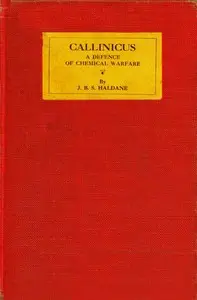
Callinicus : $b A defence of chemical warfare
By J. B. S. (John Burdon Sanderson) Haldane
A scientist makes a controversial case for the use of chemical weapons, arguing they could make warfare more humane.
Summary
About the AuthorJohn Burdon Sanderson Haldane, nicknamed "Jack" or "JBS", was a scientist born in Britain who later moved to India and took citizenship there, who worked in physiology, genetics, evolutionary biology, and mathematics. With innovative use of statistics in biology, he was one of the founders of neo-Darwinism. Despite his lack of an academic degree in the field, he taught biology at the University of Cambridge, the Royal Institution, and University College London. Renouncing his British citizenship, he became an Indian citizen in 1961 and worked at the Indian Statistical Institute until his death in 1964.
John Burdon Sanderson Haldane, nicknamed "Jack" or "JBS", was a scientist born in Britain who later moved to India and took citizenship there, who worked in physiology, genetics, evolutionary biology, and mathematics. With innovative use of statistics in biology, he was one of the founders of neo-Darwinism. Despite his lack of an academic degree in the field, he taught biology at the University of Cambridge, the Royal Institution, and University College London. Renouncing his British citizenship, he became an Indian citizen in 1961 and worked at the Indian Statistical Institute until his death in 1964.

